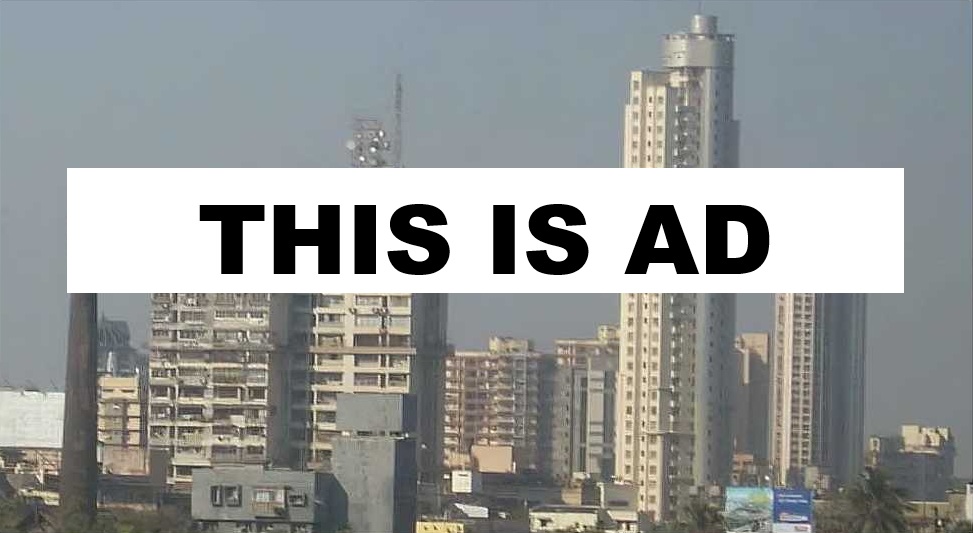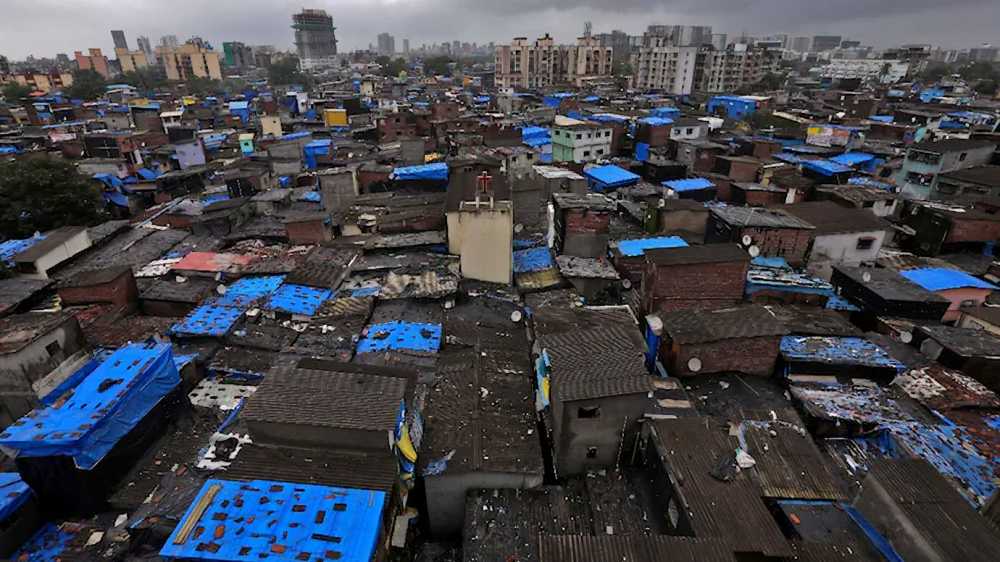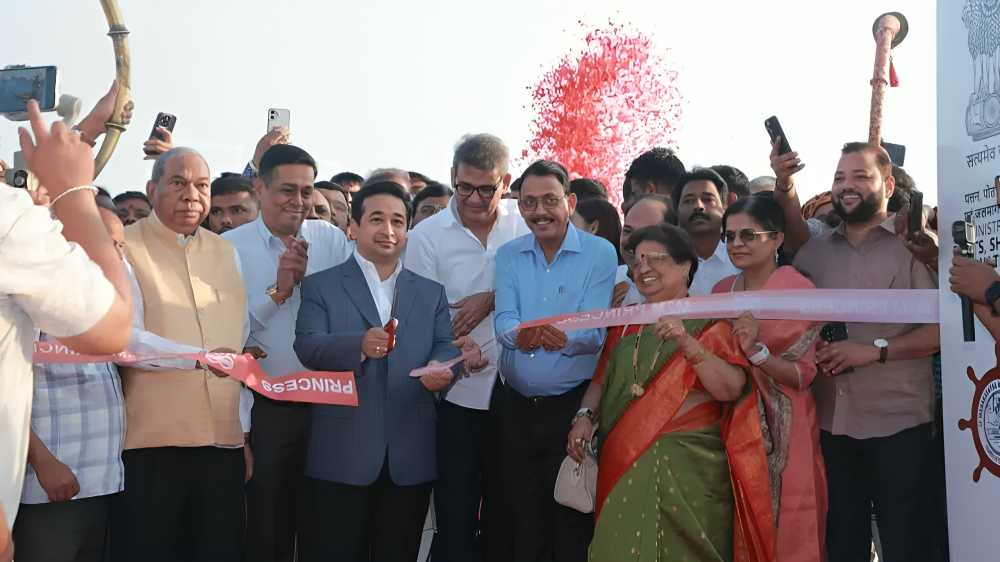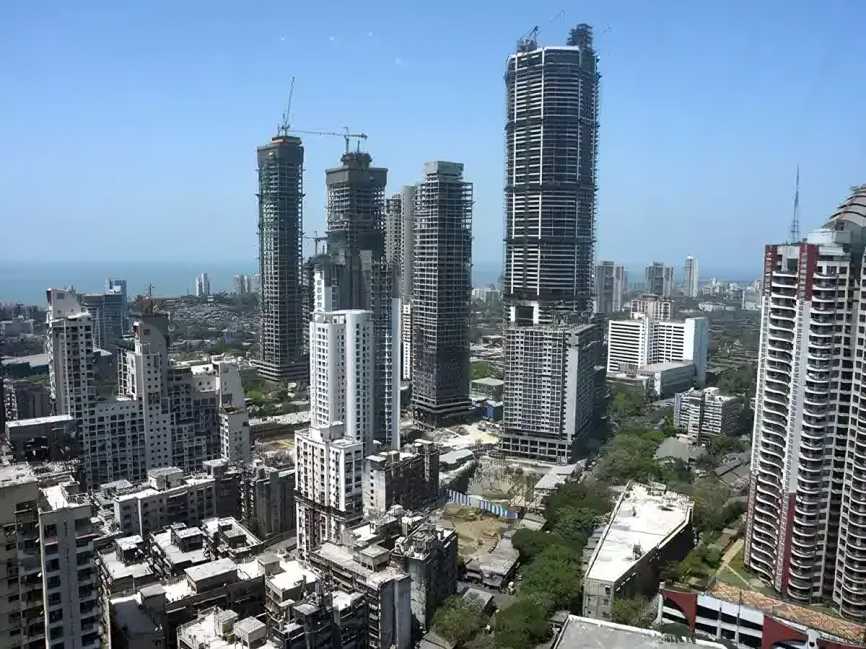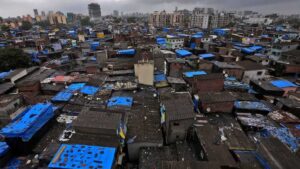June 20, 205: The Delhi government is exploring the possibility of modeling its slum redevelopment initiative on Mumbai’s Dharavi project, Chief Minister Rekha Gupta announced on Friday. With around 675 slum clusters across the capital under consideration, the move aims to study and potentially adopt the Dharavi redevelopment structure, which is managed through a special purpose vehicle formed as a joint venture between the Maharashtra government and the Adani Group.
Gupta took the opportunity to address circulating rumors about imminent slum demolitions in Delhi, stressing that her administration has no intention of destroying homes. However, she emphasized the importance of urban safety and responsible construction. “If you build a house beside a railway track, the chief minister can’t shield you,” she cautioned, pointing to the dangers posed by railway accidents and questioning who would bear responsibility in such situations. “We must prioritize security. If someone loses their life on the tracks, who will be answerable?”
While the government does not plan to target homes directly, Gupta indicated that the policy cannot allow uncontrolled slum occupation. “We cannot keep providing homes indefinitely if people refuse to vacate slums,” she said, indicating a need for balance between rehabilitation and legal compliance.
Regarding recent political controversies, Gupta remarked on the summons of former Delhi minister Manish Sisodia by the Anti-Corruption Branch over allegations tied to classroom construction. “Everyone must face the music,” she asserted, and added pointedly, “Arvind Kejriwal will also have to return from Punjab. We do not want fugitive leaders.” Sisodia complied and appeared before the ACB on Friday.
In sum, the Delhi government is contemplating a comprehensive, Dharavi-style redevelopment plan for hundreds of slum settlements, stressing that it does not seek to evict residents unjustly. The plan’s focus remains safety, orderly housing transitions, and equitable urban planning—while ensuring accountability for public officials.
Source: Economic Times







